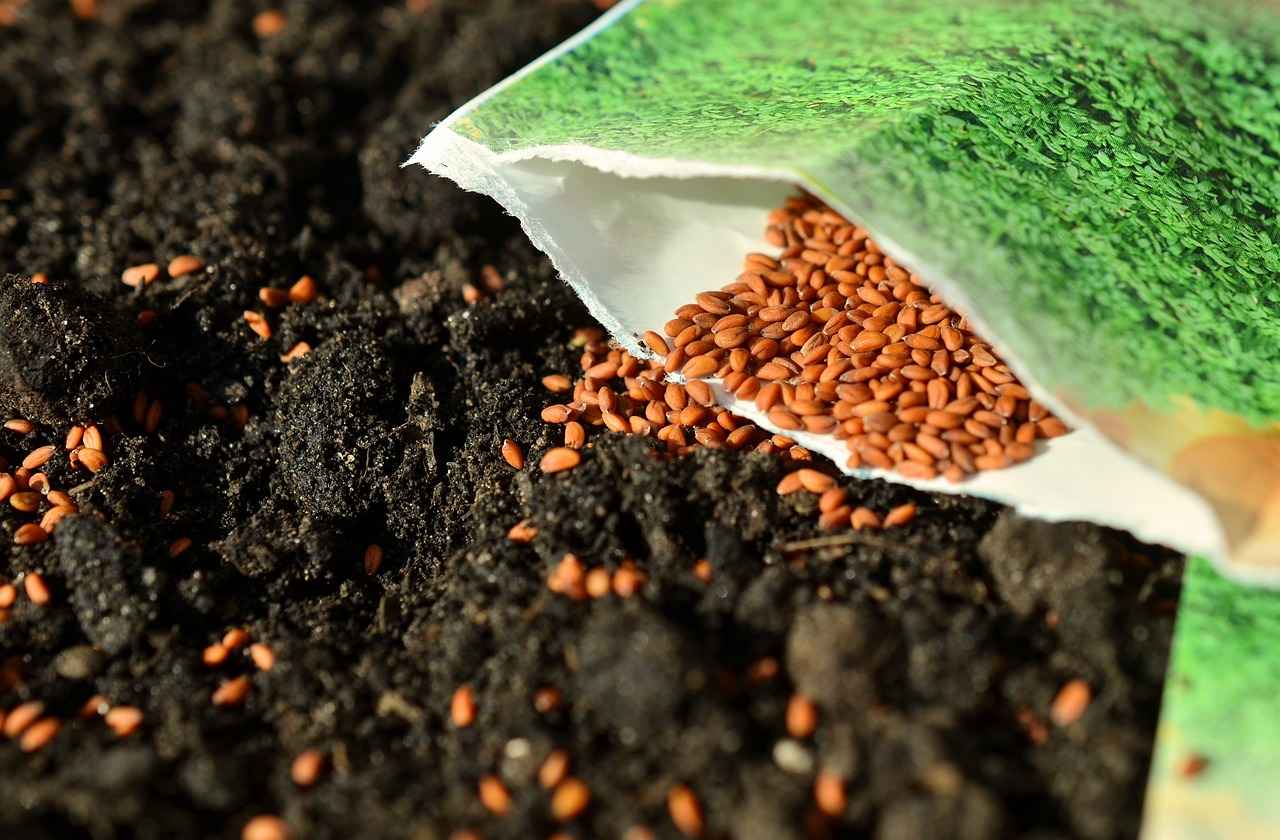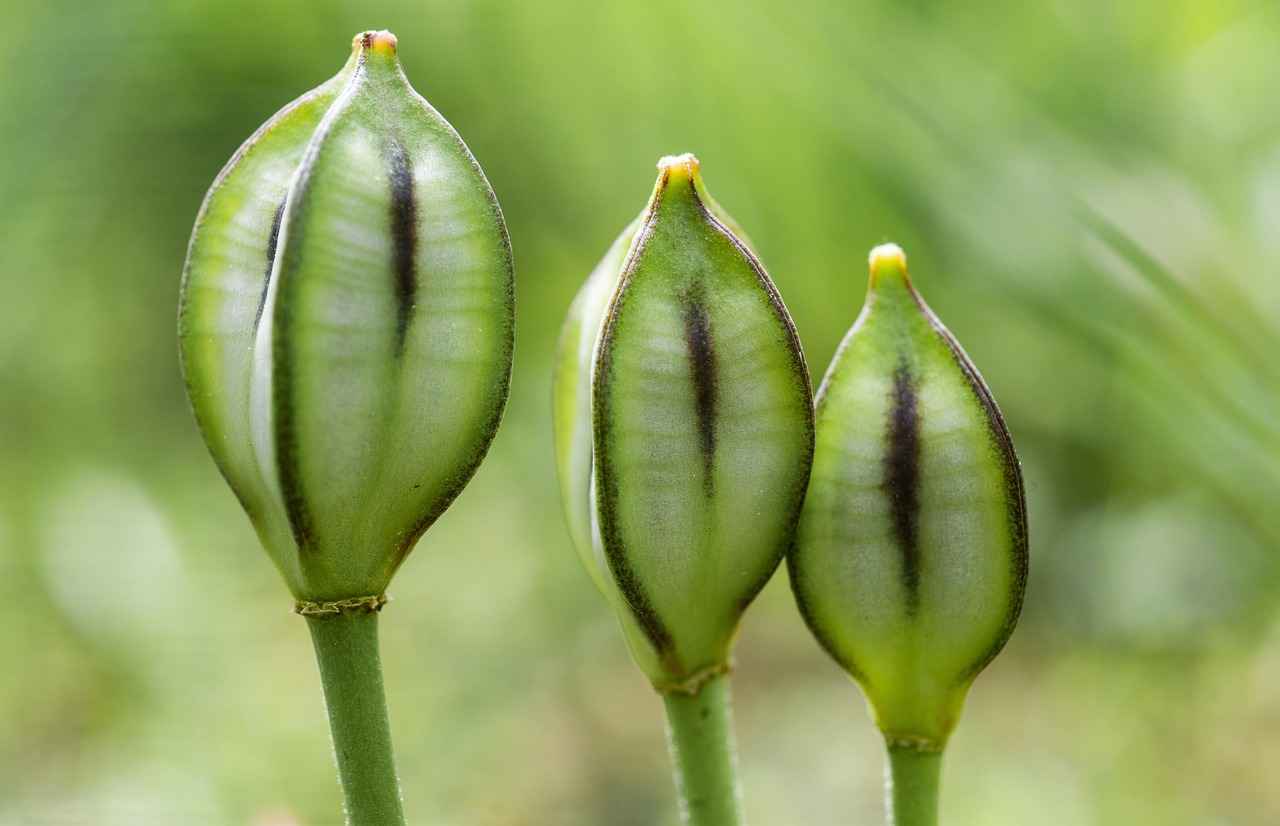Chia seeds have surged in popularity as a nutrient-dense superfood, capturing the attention of health enthusiasts and nutritionists alike. These tiny seeds, derived from the Salvia hispanica plant, are packed with essential nutrients that can enhance your overall health. In this article, we will delve into the numerous health benefits, the impressive nutritional profile of chia seeds, and practical methods to seamlessly incorporate them into your daily diet.
Chia seeds are small, oval-shaped seeds that come in various colors, predominantly black and white. They are recognized for their high nutritional content, including omega-3 fatty acids, fiber, protein, and various vitamins and minerals. Their versatility makes them an excellent addition to a wide range of dishes, from smoothies to baked goods.
Chia seeds earn the title of superfood due to their exceptional nutrient density. They contain:
- Omega-3 Fatty Acids: Essential for heart health and cognitive function.
- Dietary Fiber: Aids in digestion and promotes a feeling of fullness.
- Protein: Supports muscle repair and growth.
- Vitamins and Minerals: Including calcium, magnesium, and antioxidants that combat oxidative stress.
Integrating chia seeds into your diet can yield numerous health benefits:
- Improved Digestion: The high fiber content supports digestive health and regularity.
- Enhanced Heart Health: Omega-3s help lower cholesterol levels and reduce inflammation.
- Blood Sugar Control: Chia seeds can stabilize blood sugar levels, making them beneficial for those with diabetes.
Rich in dietary fiber, chia seeds promote healthy digestion. They absorb water and expand in the stomach, which helps maintain regular bowel movements and supports gut health by acting as a prebiotic, feeding beneficial gut bacteria.
The combination of fiber and protein in chia seeds enhances satiety, which can help control appetite and reduce overall calorie intake. This makes them a valuable ally in weight management strategies.
Chia seeds are incredibly versatile and can be added to various dishes:
- Chia Seed Pudding: Soak chia seeds in milk or a dairy alternative overnight for a creamy, nutritious breakfast or snack.
- Smoothies: Blend chia seeds into your favorite smoothies for added nutrition and a thicker texture.
- Baking: Incorporate chia seeds into muffins, bread, or energy bars for a health boost.
While chia seeds are generally safe for most individuals, consuming them in excessive amounts may lead to digestive discomfort. It’s advisable to introduce them gradually into your diet to allow your body to adjust.
When selecting chia seeds, look for organic, non-GMO options that are free from additives and contaminants. This ensures you are getting the highest quality product for maximum health benefits.
To maintain their freshness and potency, store chia seeds in a cool, dry place. An airtight container is recommended to prevent moisture and preserve their nutritional value.
In conclusion, chia seeds are a powerhouse of nutrients that can significantly enhance your health. Their versatility and ease of incorporation into various meals make them a fantastic addition to any diet.
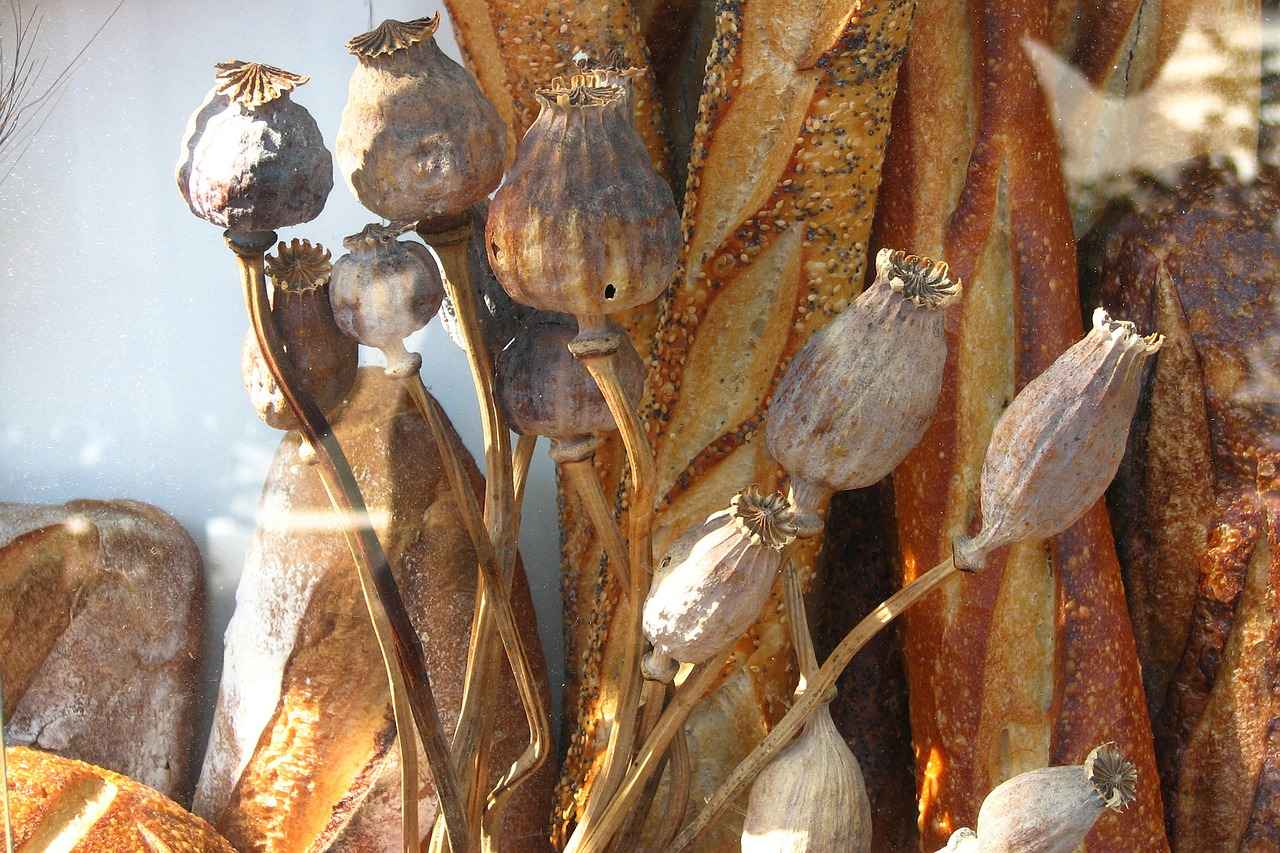
What Are Chia Seeds?
Chia seeds are small, nutrient-dense seeds derived from the Salvia hispanica plant, which is native to Central America. These tiny seeds, typically black or white, have become increasingly popular in health circles due to their impressive nutritional profile and versatility in culinary applications. Chia seeds can be easily incorporated into a variety of dishes, making them a favorite among health enthusiasts and home cooks alike.
One of the most remarkable features of chia seeds is their ability to absorb liquid, expanding up to 10-12 times their original size. This property not only enhances their texture but also contributes to their health benefits. When soaked, chia seeds form a gel-like consistency, which can be used in various recipes, including puddings and smoothies.
- Omega-3 Fatty Acids: Chia seeds are one of the richest plant sources of omega-3 fatty acids, essential for heart health and cognitive function.
- High Fiber Content: With a significant amount of dietary fiber, chia seeds support digestive health and can help maintain regular bowel movements.
- Protein Source: They are a great source of protein, making them an excellent option for vegetarians and vegans.
- Vitamins and Minerals: Chia seeds are packed with essential nutrients, including calcium, magnesium, and phosphorus, which are vital for bone health.
Incorporating chia seeds into your diet can lead to numerous health benefits:
- Improved Digestion: The high fiber content promotes a healthy digestive system by acting as a prebiotic, which supports the growth of beneficial gut bacteria.
- Heart Health: Omega-3 fatty acids in chia seeds can help lower cholesterol levels and reduce the risk of heart disease.
- Blood Sugar Control: Chia seeds may help stabilize blood sugar levels, making them a suitable option for those with diabetes.
Chia seeds are incredibly versatile and can be added to various meals:
- Chia Seed Pudding: Combine chia seeds with milk or a dairy alternative, let them soak overnight, and enjoy a nutritious breakfast topped with fruits.
- Smoothies: Add a tablespoon of chia seeds to your favorite smoothie for an extra boost of nutrients.
- Baking: Incorporate chia seeds into muffins, bread, and energy bars for added texture and nutrition.
While chia seeds are safe for most individuals, consuming them in excessive amounts may lead to digestive discomfort. It is advisable to start with smaller quantities and gradually increase intake to allow your body to adjust.
When selecting chia seeds, look for organic and non-GMO options. Ensure they are free from additives and contaminants to maximize their health benefits. Store them in a cool, dry place in an airtight container to maintain freshness.

Why Are Chia Seeds Considered a Superfood?
Chia seeds have been heralded as a superfood, and for good reason. These tiny seeds, derived from the Salvia hispanica plant, pack a powerful nutritional punch. Their impressive profile includes high levels of omega-3 fatty acids, abundant dietary fiber, and a rich assortment of essential vitamins and minerals. This unique combination contributes significantly to overall health and well-being.
Chia seeds are often referred to as a nutritional powerhouse. They are an excellent source of:
- Omega-3 Fatty Acids: These essential fats are crucial for heart health and cognitive function.
- Dietary Fiber: Chia seeds contain about 11 grams of fiber per ounce, promoting digestive health and regularity.
- Protein: With about 4 grams of protein per ounce, they are a great plant-based protein source.
- Vitamins and Minerals: Chia seeds are rich in calcium, magnesium, phosphorus, and B vitamins, all vital for various bodily functions.
The health benefits of chia seeds are vast and varied. Regular consumption can lead to:
- Improved Digestive Health: The high fiber content helps maintain bowel regularity and promotes a healthy gut microbiome.
- Enhanced Heart Health: Omega-3 fatty acids can lower cholesterol levels and reduce inflammation, contributing to cardiovascular wellness.
- Better Blood Sugar Control: Chia seeds may help stabilize blood sugar levels, making them beneficial for those with diabetes.
- Weight Management: Their ability to absorb water and expand in the stomach can promote feelings of fullness, aiding in weight control.
Incorporating chia seeds into your daily meals is simple and versatile. Here are some practical ideas:
- Chia Seed Pudding: Combine chia seeds with your choice of milk and let them soak overnight for a delicious and nutritious breakfast.
- Smoothies: Add a tablespoon of chia seeds to your smoothies for an extra boost of fiber and omega-3s.
- Baking: Substitute a portion of flour in recipes with chia seeds to enhance the nutritional profile of your baked goods.
- Salads: Sprinkle chia seeds on top of salads for added crunch and nutrition.
While chia seeds are generally safe for most individuals, it is essential to consume them in moderation. Overconsumption may lead to digestive discomfort due to their high fiber content. It is advisable to start with small amounts and gradually increase your intake.
To maximize the health benefits of chia seeds, it is crucial to select high-quality products. Look for:
- Organic: Organic chia seeds are grown without harmful pesticides and chemicals.
- Non-GMO: Ensure the seeds are non-genetically modified for optimal health benefits.
- Freshness: Check packaging dates to ensure you are purchasing fresh seeds.
Proper storage is vital to maintain the freshness and potency of chia seeds. Store them in a cool, dry place in an airtight container to prevent spoilage and preserve their nutritional value.

Health Benefits of Chia Seeds
Chia seeds have emerged as a powerful superfood, packed with essential nutrients and health benefits. Their tiny size belies their impressive nutritional profile, making them a popular choice for health-conscious individuals. In this section, we will delve into the myriad health benefits of chia seeds, exploring how they can significantly enhance your overall well-being.
Chia seeds are rich in omega-3 fatty acids, fiber, protein, and various vitamins and minerals. These nutrients play a crucial role in promoting health and preventing chronic diseases. The high fiber content, for instance, aids in digestion and helps maintain a healthy gut microbiome.
One of the standout benefits of chia seeds is their ability to improve digestion. With a fiber content of approximately 34 grams per 100 grams, chia seeds are an excellent source of soluble and insoluble fiber. This fiber helps to:
- Promote regular bowel movements
- Prevent constipation
- Support gut health by acting as a prebiotic, feeding beneficial gut bacteria
By incorporating chia seeds into your diet, you can enhance your digestive health significantly.
Chia seeds are beneficial for heart health due to their high levels of omega-3 fatty acids, which are known to reduce inflammation and lower cholesterol levels. Regular consumption of chia seeds can:
- Lower blood pressure
- Reduce triglycerides
- Improve overall cardiovascular health
These factors contribute to a lower risk of heart disease, making chia seeds a smart addition to a heart-healthy diet.
For those managing diabetes, chia seeds can be particularly beneficial. Their high fiber content helps regulate blood sugar levels by slowing down the absorption of sugar into the bloodstream. This can lead to improved blood sugar control and reduced spikes in insulin levels, which is crucial for managing diabetes.
Chia seeds can also aid in weight management. Their unique ability to absorb water allows them to expand in the stomach, promoting a feeling of fullness. This can help reduce overall calorie intake. Additionally, the combination of protein and fiber in chia seeds makes them an excellent snack for those looking to control their appetite.
Chia seeds are packed with antioxidants, which help combat oxidative stress and inflammation in the body. Antioxidants play a vital role in protecting cells from damage and may reduce the risk of chronic diseases, including cancer.
Adding chia seeds to your diet is simple and versatile. They can be sprinkled on salads, blended into smoothies, or used to make delicious chia pudding. Here are some ideas:
- Add chia seeds to your morning oatmeal or yogurt.
- Use them as a thickening agent in soups and sauces.
- Incorporate them into baked goods like muffins and bread.
In summary, the health benefits of chia seeds are vast and varied. From improving digestion and heart health to aiding in weight management and blood sugar control, these tiny seeds are a powerhouse of nutrition. By incorporating chia seeds into your diet, you can take significant steps toward enhancing your overall health and well-being.
How Do Chia Seeds Aid Digestion?
Chia seeds have become a staple in health-conscious diets, and for good reason. These tiny seeds pack a significant punch when it comes to nutrition, especially in the realm of digestive health. Understanding how chia seeds aid digestion can help you appreciate their role in your overall wellness.
Dietary fiber is essential for maintaining a healthy digestive system. It aids in regular bowel movements and prevents issues such as constipation. The fiber found in chia seeds acts as a natural laxative, promoting the movement of food through the digestive tract. This not only helps with regularity but also supports a healthy gut microbiome.
Chia seeds are rich in soluble fiber, which means they can absorb water and form a gel-like substance in the stomach. This gel formation slows digestion, allowing for better nutrient absorption. Additionally, the soluble fiber acts as a prebiotic, providing nourishment for beneficial gut bacteria. A healthy gut flora is crucial for optimal digestion and overall health.
- Hydration: Chia seeds can absorb up to 12 times their weight in water, which helps keep the digestive system hydrated and functioning smoothly.
- Reduced Inflammation: The omega-3 fatty acids in chia seeds have anti-inflammatory properties that can help soothe the digestive tract.
- Weight Management: The high fiber content can promote feelings of fullness, which can help control appetite and reduce overeating.
Incorporating chia seeds into your diet is easy and versatile. Here are a few practical suggestions:
- Add to Smoothies: Blend chia seeds into your morning smoothie for an extra fiber boost.
- Chia Seed Pudding: Soak chia seeds in milk or a dairy alternative overnight to create a delicious pudding.
- Sprinkle on Salads: Add a tablespoon of chia seeds to your salads for added crunch and nutrition.
While chia seeds are generally safe for most people, it’s important to consume them in moderation. Some individuals may experience digestive discomfort if they suddenly increase their fiber intake. To avoid this, start with small amounts and gradually increase your consumption.
In summary, chia seeds are a powerful ally for promoting digestive health. Their high fiber content, prebiotic properties, and ability to enhance hydration make them an excellent addition to any diet. By incorporating chia seeds into your meals, you can support your digestive system and enjoy the numerous health benefits they offer.
Can Chia Seeds Help with Weight Management?
Chia seeds have emerged as a popular addition to many health-conscious diets, particularly due to their potential role in weight management. These tiny seeds are not just a trendy superfood; they possess unique properties that can aid in controlling appetite and promoting a feeling of fullness.
One of the key components of chia seeds is their high fiber content. Each serving of chia seeds contains approximately 11 grams of fiber, which is essential for digestive health. Fiber plays a crucial role in weight management for several reasons:
- Increases Satiety: Fiber-rich foods tend to be more filling, which can help reduce hunger and prevent overeating.
- Slows Digestion: The soluble fiber in chia seeds absorbs water and expands in the stomach, creating a gel-like substance that slows down digestion and prolongs feelings of fullness.
- Regulates Blood Sugar: By slowing down the absorption of sugar in the bloodstream, fiber helps maintain stable energy levels and curbs sugar cravings.
In addition to fiber, chia seeds are also a good source of plant-based protein. Protein is another macronutrient that can enhance feelings of fullness and support weight management:
- Promotes Muscle Health: Adequate protein intake is essential for muscle maintenance, which is important for a healthy metabolism.
- Enhances Satiety: Protein has been shown to be more satiating than carbohydrates or fats, making it easier to control calorie intake.
- Reduces Cravings: Consuming protein-rich foods can help minimize cravings for unhealthy snacks, leading to healthier eating patterns.
Incorporating chia seeds into your diet can be both easy and delicious. Here are some practical tips:
- Chia Seed Pudding: Combine chia seeds with your choice of milk or yogurt and let them soak overnight. This creates a creamy, filling pudding that can be flavored with fruits or spices.
- Smoothies: Add a tablespoon of chia seeds to your morning smoothie for an extra boost of fiber and protein.
- Baking: Incorporate chia seeds into baked goods like muffins or bread for added nutrition.
While chia seeds offer numerous benefits, it’s important to consume them in moderation. Some individuals may experience digestive discomfort if they consume too many seeds at once. It’s advisable to start with a small amount and gradually increase your intake.
In summary, the combination of high fiber and protein content in chia seeds can significantly contribute to weight management strategies. By enhancing satiety and reducing overall calorie intake, these tiny seeds can be a valuable addition to a balanced diet. Whether you enjoy them in smoothies, puddings, or baked goods, chia seeds provide a nutritious and versatile option for those looking to maintain a healthy weight.

How to Incorporate Chia Seeds into Your Diet
Chia seeds are not just a trendy superfood; they are a powerhouse of nutrition that can enhance your meals in numerous ways. Their versatility makes them easy to incorporate into a variety of dishes, ensuring you can enjoy their health benefits without sacrificing flavor. Below are some practical methods to seamlessly add chia seeds into your daily diet.
One of the most popular ways to enjoy chia seeds is by making chia seed pudding. This simple dish requires just a few ingredients:
- 3 tablespoons of chia seeds
- 1 cup of milk (dairy or plant-based)
- Sweetener (like honey or maple syrup, optional)
- Flavorings (vanilla extract, cocoa powder, or fruits)
Mix the chia seeds with the milk and let them soak for at least 30 minutes or overnight. The seeds will absorb the liquid and create a creamy texture. Top with your favorite fruits or nuts for a delicious breakfast or snack.
Adding chia seeds to your smoothies is an excellent way to enhance their nutritional profile. Just a tablespoon or two can provide extra fiber, protein, and omega-3 fatty acids. They blend well, giving your smoothie a thicker consistency without altering the flavor. Here’s a quick recipe:
Ingredients:- 1 banana- 1 cup spinach- 1 cup almond milk- 2 tablespoons chia seeds- Optional: protein powder or nut butter
Blend all ingredients until smooth for a nutrient-packed breakfast or post-workout drink.
Chia seeds can also serve as a crunchy topping for a variety of dishes. Sprinkle them over:
- Salads for added texture and nutrition
- Yogurt for a satisfying crunch
- Oatmeal to enhance fiber content
Using chia seeds as a topping not only boosts the nutritional value but also adds an appealing visual element to your meals.
Chia seeds can be a great addition to baked goods such as muffins, bread, and pancakes. They can replace eggs in vegan recipes by mixing one tablespoon of chia seeds with three tablespoons of water, allowing it to sit until it forms a gel-like consistency. This mixture acts as a binding agent while also enriching the dish with nutrients.
Making homemade energy bars with chia seeds is a fantastic way to create healthy snacks. Combine rolled oats, nut butter, honey, and chia seeds, then press the mixture into a pan and refrigerate until firm. Cut into bars for a quick on-the-go snack that provides sustained energy.
For a refreshing twist, try adding chia seeds to your water or herbal teas. Soak a tablespoon of chia seeds in a glass of water for about 30 minutes. The seeds will swell and create a gel-like consistency, making your drink more filling and nutritious. Add lemon or mint for extra flavor.
Incorporating chia seeds into your diet is not only easy but also a delicious way to enhance your meals. With their numerous health benefits, including improved digestion and heart health, chia seeds are a simple addition that can make a significant impact on your overall well-being.
Chia Seed Pudding Recipes
Chia seed pudding has emerged as a delightful and nutritious way to incorporate chia seeds into your diet. This versatile dish not only serves as a satisfying breakfast but also makes for a great snack or dessert. The process of creating chia seed pudding involves soaking these tiny seeds in liquid, allowing them to absorb the moisture and expand, resulting in a creamy, pudding-like texture.
Chia seeds are known for their remarkable ability to absorb liquid—up to 12 times their weight! When combined with milk or a dairy alternative, they transform into a delightful pudding that can be customized with a variety of flavors.
Creating chia seed pudding is incredibly simple. Here’s a basic recipe to get you started:
- Ingredients:
- 1/4 cup chia seeds
- 1 cup milk (or a dairy alternative such as almond milk)
- 1-2 tablespoons sweetener (like honey or maple syrup, optional)
- 1/2 teaspoon vanilla extract (optional)
- Instructions:
- In a bowl, combine chia seeds, milk, sweetener, and vanilla extract.
- Stir well to prevent clumping.
- Let the mixture sit for about 5 minutes, then stir again.
- Cover and refrigerate for at least 2 hours, or overnight for best results.
- Serve chilled, topped with your favorite fruits or nuts.
One of the best aspects of chia seed pudding is its versatility. Here are some popular flavor variations:
- Chocolate Chia Seed Pudding: Add 2 tablespoons of cocoa powder and a bit more sweetener to the basic recipe for a chocolatey treat.
- Berry Bliss: Mix in pureed berries or top with fresh berries for a fruity explosion.
- Coconut Delight: Use coconut milk instead of regular milk and add shredded coconut for a tropical twist.
- Spiced Chia Pudding: Incorporate spices like cinnamon or nutmeg for a warm, comforting flavor.
Not only is chia seed pudding delicious, but it also packs a nutritional punch. Chia seeds are an excellent source of:
- Omega-3 Fatty Acids: Essential for heart health and brain function.
- Fiber: Aids in digestion and helps maintain a healthy gut.
- Protein: Supports muscle health and keeps you feeling full longer.
- Vitamins and Minerals: Rich in calcium, magnesium, and antioxidants.
Chia seed pudding can be served in various ways:
- Layer it in jars for a beautiful breakfast parfait.
- Top with nuts, seeds, or granola for added crunch.
- Experiment with different liquids, such as herbal teas or fruit juices, for unique flavors.
In conclusion, chia seed pudding is not only a nutrient-dense option but also a delicious way to enjoy the health benefits of chia seeds. With endless flavor possibilities and easy preparation, it’s a fantastic addition to any meal plan.
Adding Chia Seeds to Smoothies
In today’s health-conscious world, chia seeds have emerged as a popular superfood, and for good reason. When it comes to enhancing the nutritional profile of your meals, is a fantastic choice. Not only do they blend seamlessly, but they also offer a variety of health benefits that can elevate your smoothie game.
Incorporating chia seeds into your smoothies can significantly boost their nutritional value. These tiny seeds are packed with essential nutrients, including:
- Omega-3 Fatty Acids: Important for heart health and brain function.
- Dietary Fiber: Aids in digestion and promotes a feeling of fullness.
- Protein: Supports muscle repair and growth.
- Vitamins and Minerals: Such as calcium, magnesium, and phosphorus.
When blended, chia seeds absorb liquid and expand, creating a thick and creamy texture that can transform a regular smoothie into a satisfying meal replacement. This unique property makes them an excellent addition for those looking to create a more filling beverage.
Adding chia seeds to your smoothies offers a multitude of health benefits, including:
- Improved Digestion: The high fiber content helps maintain regular bowel movements and supports gut health.
- Weight Management: The combination of fiber and protein can help control appetite, making it easier to manage your weight.
- Stable Energy Levels: Chia seeds release energy slowly, preventing spikes and crashes in blood sugar levels.
For optimal results, it’s best to soak chia seeds before adding them to your smoothie. Here’s a simple method:
1. Combine 1 tablespoon of chia seeds with 3 tablespoons of water.2. Let the mixture sit for about 10-15 minutes until it forms a gel-like consistency.3. Add the soaked chia seeds to your smoothie ingredients before blending.
Chia seeds are incredibly versatile and can be mixed with a wide range of ingredients. Here are some popular combinations:
- Fruits: Bananas, berries, and mangoes add natural sweetness and flavor.
- Greens: Spinach and kale provide essential vitamins and minerals.
- Dairy or Dairy Alternatives: Yogurt, almond milk, or coconut milk enhance creaminess.
While chia seeds are generally safe for most individuals, it’s important to consume them in moderation. Start with a small amount and gradually increase your intake to avoid digestive discomfort. Always ensure you drink plenty of water, as chia seeds can absorb liquid and expand in your stomach.
In conclusion, incorporating chia seeds into your smoothies is an excellent way to enhance their nutritional content while enjoying a delicious and satisfying drink. With their numerous health benefits and versatility, chia seeds truly deserve a place in your daily diet.
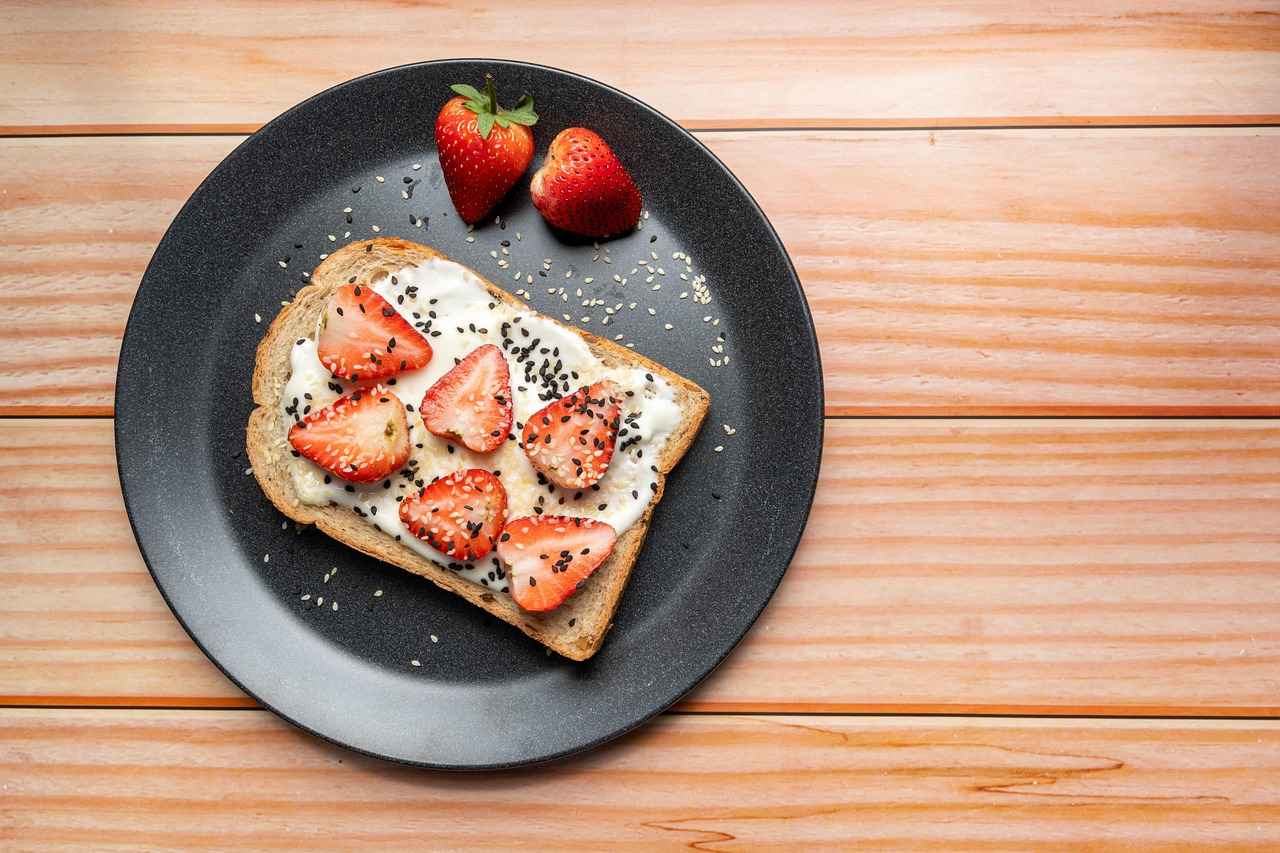
Are There Any Side Effects of Chia Seeds?
Chia seeds are often celebrated for their remarkable health benefits, but like any food, they can have side effects for some individuals. Understanding these potential side effects is crucial for anyone considering incorporating chia seeds into their diet.
Digestive Discomfort: A Common Concern
While chia seeds are generally safe for most people, some may experience digestive discomfort if consumed in large quantities. This discomfort can manifest as bloating, gas, or even constipation. The high fiber content in chia seeds, while beneficial for digestion, can lead to these issues, especially when they are introduced too quickly into the diet.
Gradual Introduction is Key
To minimize the risk of digestive issues, it is essential to introduce chia seeds gradually. Start with a small amount, such as one teaspoon per day, and slowly increase the quantity as your body adjusts. This approach allows your digestive system to adapt to the increased fiber intake without overwhelming it.
Hydration is Important
Chia seeds can absorb up to 12 times their weight in water, forming a gel-like substance. This property is beneficial for hydration but can also contribute to digestive discomfort if the seeds are consumed dry without adequate fluids. Always ensure you are drinking enough water when consuming chia seeds to aid in digestion and prevent potential blockages.
Allergic Reactions: A Rare Possibility
Although rare, some individuals may have an allergic reaction to chia seeds. Symptoms can include itching, rash, or gastrointestinal distress. If you suspect an allergy, it is advisable to discontinue use and consult a healthcare professional.
Interactions with Medications
Chia seeds are known to have blood-thinning properties due to their omega-3 fatty acids. If you are taking anticoagulant medications, it is essential to consult your doctor before adding chia seeds to your diet, as they may enhance the effects of these medications and increase the risk of bleeding.
Who Should Avoid Chia Seeds?
- Individuals with a history of gastrointestinal issues may want to approach chia seeds with caution.
- Those who are pregnant or breastfeeding should consult with a healthcare provider before making significant dietary changes.
- People with known allergies to sesame seeds or other seeds should also be cautious.
Final Thoughts on Chia Seeds
In summary, while chia seeds offer numerous health benefits, it is essential to be aware of potential side effects. By introducing them gradually and ensuring proper hydration, most people can enjoy the advantages of this superfood without adverse effects. Always consult with a healthcare provider if you have concerns about how chia seeds may affect your health.
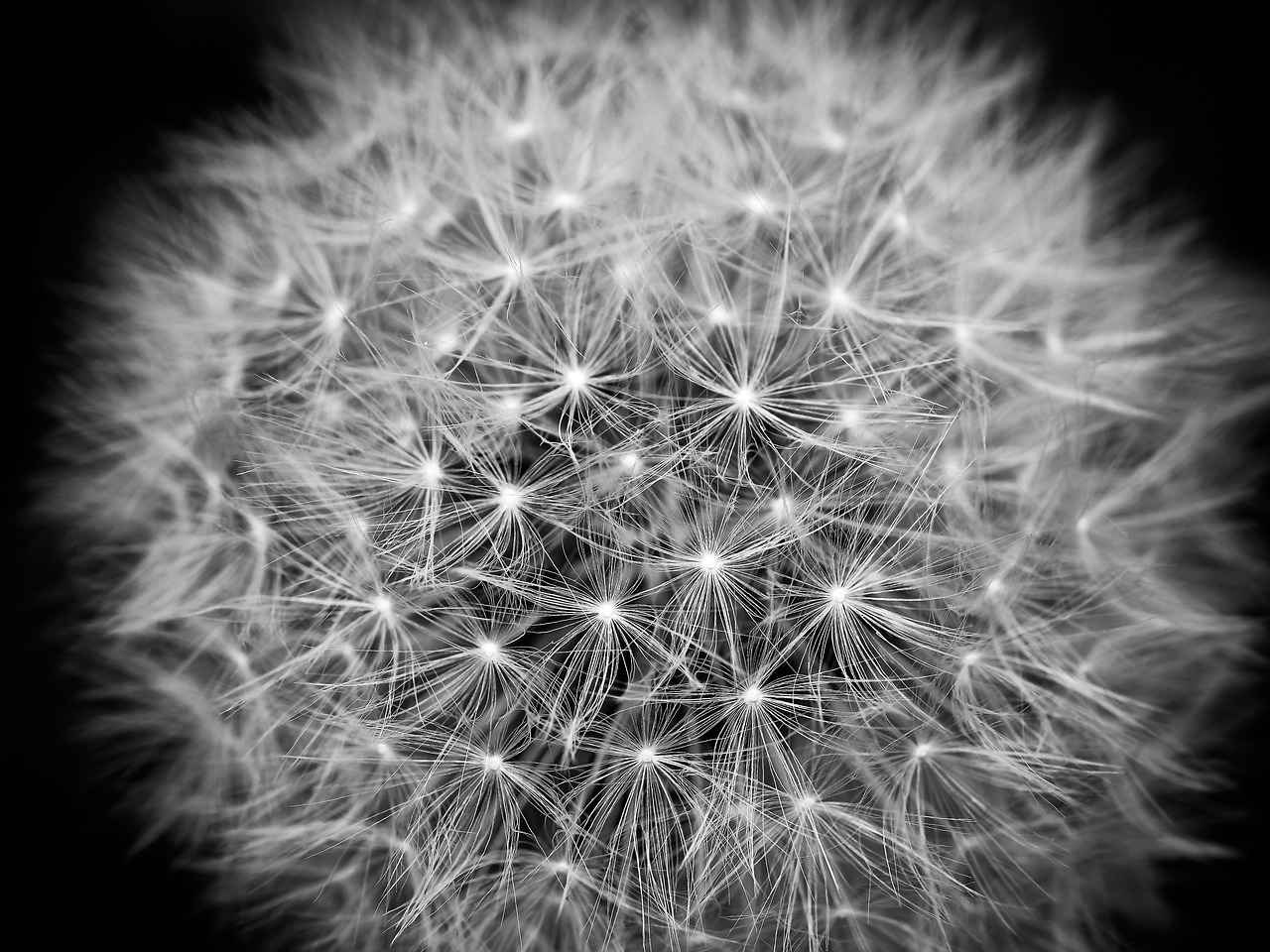
How to Choose Quality Chia Seeds
Selecting high-quality chia seeds is essential for reaping their numerous health benefits. These tiny seeds, known for their impressive nutritional profile, can vary significantly in quality. To ensure you are choosing the best chia seeds for your health, consider the following factors:
- Organic Certification: Always opt for organic chia seeds. Organic certification ensures that the seeds are grown without harmful pesticides and synthetic fertilizers, preserving their natural nutrients.
- Non-GMO Status: Look for chia seeds that are labeled as non-GMO. This guarantees that the seeds have not been genetically modified, maintaining their natural properties.
- Freshness: Check the packaging for a harvest date or expiration date. Fresh seeds retain their nutritional value better than older stock. Ideally, choose seeds that have been harvested within the last year.
- Color and Texture: High-quality chia seeds should be a vibrant black or white color. Avoid seeds that appear dull or have an off smell, as these could indicate spoilage or contamination.
- Source Transparency: Reputable brands often provide information about where their chia seeds are sourced. Look for brands that are transparent about their supply chain and farming practices.
- Packaging: Choose chia seeds that are packaged in airtight containers to protect them from moisture and light, which can degrade their quality over time.
When you prioritize these factors, you can feel confident that you are selecting chia seeds that will provide maximum health benefits. Incorporating high-quality chia seeds into your diet can enhance your overall well-being, thanks to their rich content of omega-3 fatty acids, fiber, and protein.
Additionally, consider purchasing chia seeds from health food stores or reputable online retailers that specialize in organic products. This can help ensure that you are getting quality seeds that meet your health standards.
In conclusion, the importance of selecting quality chia seeds cannot be overstated. By focusing on organic, non-GMO options that are fresh and well-packaged, you can maximize the health benefits of these superfoods. Take the time to research and choose wisely, as your health deserves the best.

Storage Tips for Chia Seeds
Proper storage of chia seeds is essential to maintain their freshness, potency, and nutritional value. These tiny superfood seeds can be sensitive to environmental factors, and improper storage can lead to a loss of their beneficial properties. Here are some crucial tips to ensure your chia seeds remain in optimal condition:
- Keep Them Cool: Chia seeds should be stored in a cool environment. Ideally, a temperature below 70°F (21°C) is recommended. High temperatures can cause the oils within the seeds to oxidize, diminishing their health benefits.
- Choose a Dry Location: Moisture is the enemy of chia seeds. Always store them in a dry place to prevent mold and spoilage. Avoid areas like the kitchen counter near the stove or sink where humidity levels can fluctuate.
- Use Airtight Containers: To maintain freshness, place chia seeds in an airtight container. Glass jars, vacuum-sealed bags, or food storage containers with tight-fitting lids are excellent options. This prevents exposure to air, which can lead to rancidity.
- Consider Refrigeration: For long-term storage, consider keeping your chia seeds in the refrigerator. This will help preserve their nutritional profile and extend their shelf life significantly. Just ensure they are in a well-sealed container to avoid absorbing any odors from the fridge.
- Check Expiration Dates: Always pay attention to the expiration date on the packaging. Even with proper storage, chia seeds can lose their potency over time. Using them before the expiration date ensures you receive the maximum health benefits.
In addition to these tips, it’s essential to inspect your chia seeds regularly. If you notice any off-putting smells or changes in color, it may be time to discard them. Fresh chia seeds should have a nutty aroma and a consistent color.
By following these storage guidelines, you can ensure that your chia seeds remain fresh and potent, ready to be incorporated into your favorite recipes. Whether you add them to smoothies, puddings, or baked goods, properly stored chia seeds will help you reap their numerous health benefits.
Frequently Asked Questions
- What are the nutritional benefits of chia seeds?
Chia seeds are packed with essential nutrients, including omega-3 fatty acids, protein, fiber, and various vitamins and minerals. This makes them an excellent choice for enhancing overall health.
- How can I incorporate chia seeds into my meals?
You can easily add chia seeds to your diet by mixing them into smoothies, oatmeal, yogurt, or even baking them into bread and muffins. They can also be used to make delicious chia seed pudding!
- Are there any side effects of consuming chia seeds?
While chia seeds are generally safe, consuming them in large quantities may cause digestive discomfort for some people. It’s best to start with a small amount and gradually increase your intake.
- How should I store chia seeds?
To keep chia seeds fresh, store them in a cool, dry place in an airtight container. This helps maintain their nutritional value and prevents them from going rancid.
- Can chia seeds help with weight loss?
Yes! The high fiber and protein content in chia seeds can help you feel fuller for longer, which may assist in controlling appetite and reducing overall calorie intake.
